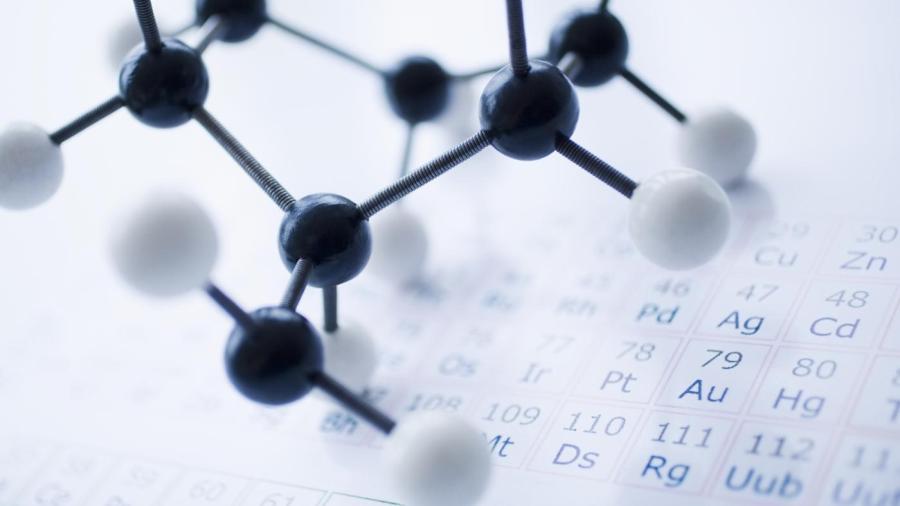What Is a Filtrate in Chemistry?

In chemistry, a filtrate is a liquid that has passed through the filtration process. In this process, liquid is strained. Bigger particles get stuck in the strainer, while smaller particles and liquid pass through, becoming filtrate.
According to Reference.com, a filtrate is the end product after a liquid has been filtered. In most cases, this liquid is water, and the filtrate is purified water. There are many types of filters, and the pore sizes determine the purity of the liquid. Common types of filters are coffee filters, those used in air conditioning units and furnaces and water filters.
According to Lenntech, a water treatment solution company, filtration is often used in chemistry with a Büchner funnel and filter paper. Microfiltration is utilized to aid in the processing of sewage. A specially made membrane is used to filter out microorganisms. Recently, nanofiltration has become popular for both filtering groundwater and processing food. This process filters out dissolved solids that would normally pass through most filtration processes.
Although filtration and filtrates are usually considered part of chemistry, they are also part of biology as well. In renal filtration, the kidneys function as a natural sieve that filters impurities and toxins from the blood.





